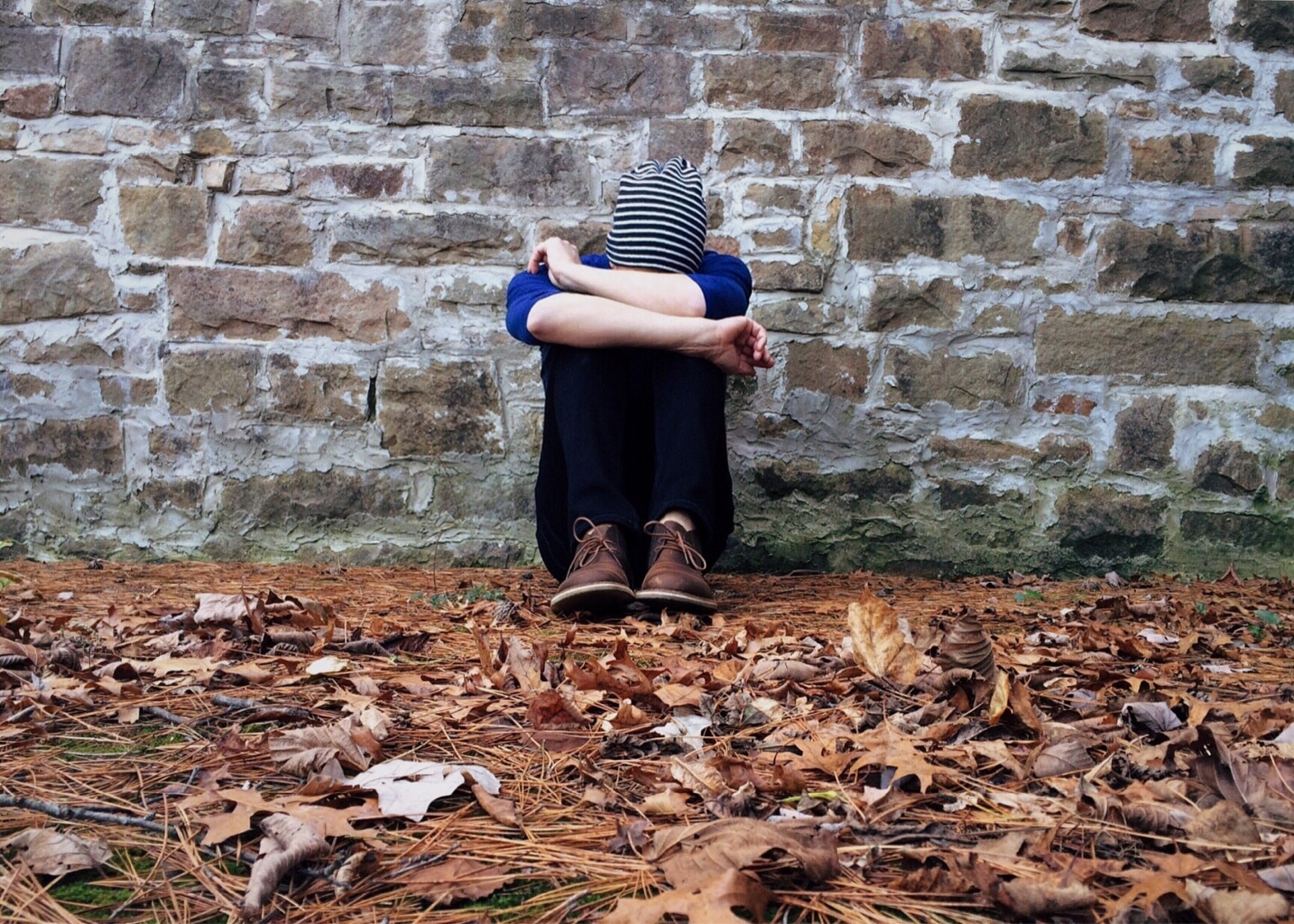Stress

When someone is facing emotional trauma, it can have a very noticeable emotional, mental and physical effect. This, in short, is stress.
Stress is the way our bodies and minds react to something which upsets our normal balance in life. A small amount of stress is perfectly normal and something we can all cope with.
Significant levels of stress are very different – and something like your parents splitting up will probably mean you are feeling very stressed.
Symptoms of stress
Different people can handle different levels of stress. For some, this can be a lot and for others, not so much. It depends from person to person, and the type of stress.
It can affect your health in all kinds of ways, such as:
- Feeling anxious
- Sleep problems
- Being easily agitated and frustrated at things
- Feeling overwhelmed and as if you need to take control
- Finding it difficult to relax
- Having low energy
- Aches, pains and tense muscles
- Struggling to focus, forgetting things or being more disorganised than usual.
Most people only suffer from a few of these symptoms rather than all of them.
What Can I Do?
Stress in small doses is a normal part of life. But it needs to be dealt with if it builds up. Here are some simple actions you can take:
- Breathing – Take a deep breathe in, counting to 10. Then out again, slowly. Focus on your breathing and repeat. This is a great way to get rid of tension
- Exercise – Whether it is going for a run or playing sport, physical exercise will reduce stress by using up adrenaline and other hormones that are putting your body under pressure
- Sleep – Try to get enough sleep, with regular bed times. This will help with your ability to manage stress. Read our guide on sleep problems if you are struggling.
Where Can I Find Help?
If you need someone to talk with and would like support from our partners, The Mix, use our interactive tool to find more content, a freephone helpline, online forums, apps and more:
